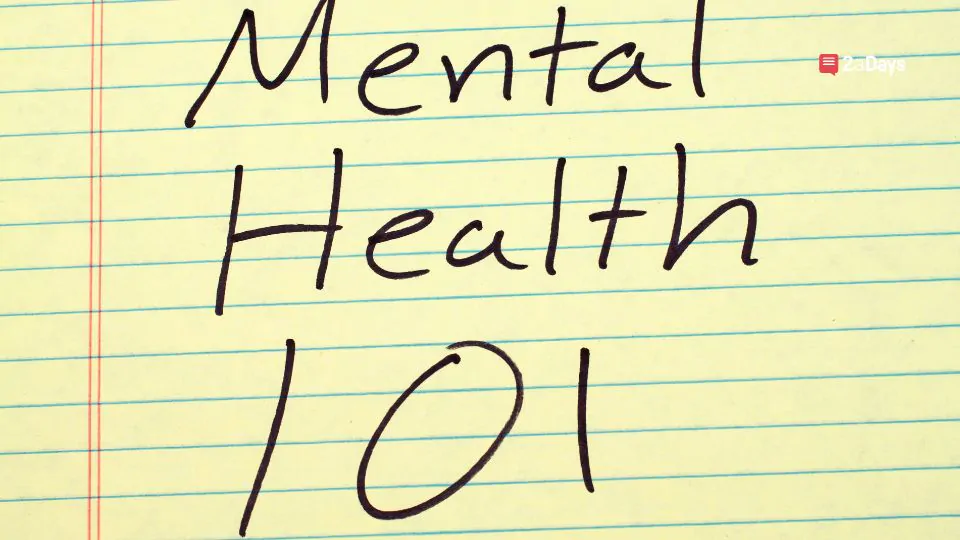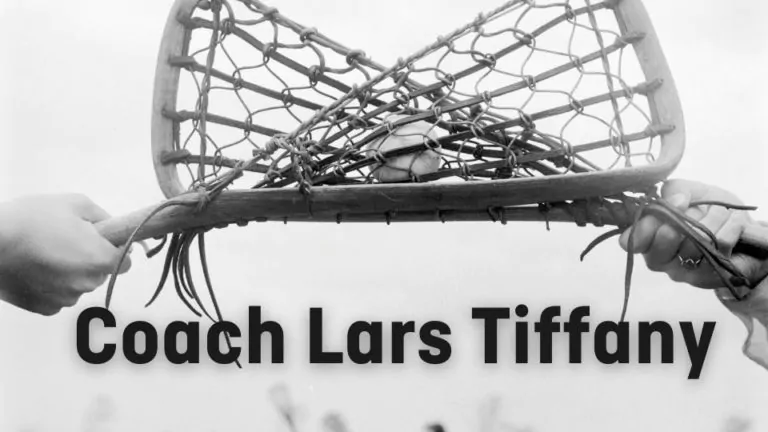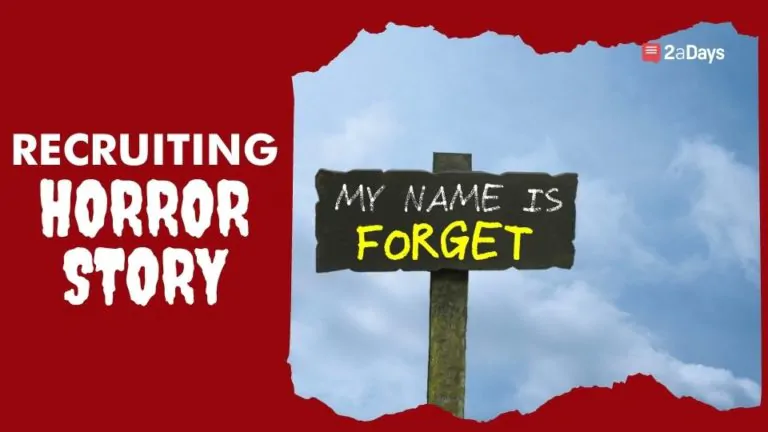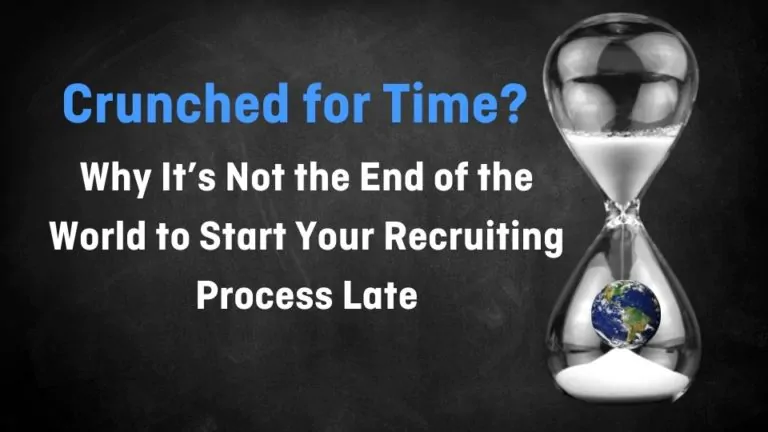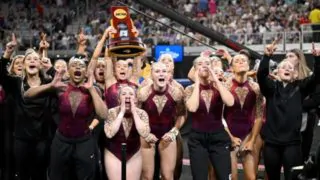Raylene Ross is currently the Director of Sport Leadership & Mental Performance at the University of South Carolina and she has a pretty impressive background. Her lengthy resume includes 17 years in college athletics occupying various positions such as an assistant track/cross country coach, academic advising/learning specialist, and director of track & field operations. Outside of college sports, she has worked with elite athletes such as Olympic track and field athlete Allyson Felix. Ross also spent 4 years working with military service members as a master resilience trainer and performance expert, 18 months as a mental health provider in a college setting, and 28 months in private practice as a health and well-being coach and mental performance coach.
In this interview we discuss mental health issues in college athletes and tips on how to deal with them and her thoughts about team dynamics.
Related: Rate the University of South Carolina
- What do you like most about working with athletes?
Ross said she likes building relationships with athletes, and working with these resilient individuals even when they don't recognize their strength. She claimed that athletes allow her to invest in them through setting goals for them and their performances, for instance. She enjoys athletes' commitment to excellence, and their desire and motivation to reach optimal performance and as a bonus, Ross also said strong and independent personalities challenge her to invest in herself.
- What resources do you think are most beneficial for college athletes struggling with mental health issues?
Ross listed several important (and accessible) resources, including:
- Counseling services (e.g. social workers, licensed psychologists, counselors, sport and exercise psychology consultants)
- Supportive environments
- Advocates (e.g. coaches, academic advisors, professors, nutritionist/dietitians, team physicians, athletic trainers)
- Support system (e.g. parents, siblings, extended family, friends, teammates, coaching staff, administrators)
- Support groups (e.g. SAAC, student-athlete development, student organizations)
- Mental health and wellness platforms in the athletics department/on campus
Related: Mental Health Illness in Collegiate Athletics
- Where can you locate these resources and how to utilize them?
According to Ross, many of these services are typically located in the athletic department through the mental health and performance team if your university has one. There are usually resources on college campuses as well through the counseling center. Other options she listed were referrals (self or through coaching/support staff), an individualized treatment plan, and specialized assistance if needed (referred to community resources).
- How are they beneficial/what do they help with?
Ross said they help demystify the stigma of mental health and ensure athletes don't struggle alone. She also mentioned that they have the ability to build better relationships through clear and honest communication as well as allowing individuals to learn and develop coping strategies to native challenging situations. Ross stated that they reduce risks for other medical issues, help with improvements in performance (like sports, academic, work, and life), and improvements in quality of life.
- Do you personally think sports performance therapy or normal therapy is more beneficial? Or does it depend?
Ross claimed that both wellness and performance impact each other–however, sometimes athletes' performances may or may not be corrected to mental health (e.g. sometimes an athlete is struggling in life but doing well in sports or vice versa), so overall it depends on the athlete. She recommended that those with low or decreased functioning and performance should seek mental health support from a licensed provider or clinically trained mental performance consultant, those with stable, enhanced, or high functioning and performance should seek support from a mental performance consultant
- Most common mental illness you see in athletes?
According to Ross:
- Anxiety disorders (e.g. performance anxiety, panic disorder, phobic disorder after a sports-related injury; generalized anxiety)
- Obsessive-compulsive disorder (may not be sports-related but frequently addressed)
- Adjustment disorders
- Substance use disorders (e.g., alcohol, opiates, stimulants, marijuana, caffeine, tobacco)
- Mood disorders (e.g., major depressive disorder; bipolar disorder, substance-induced depression)
- Attention Deficit Hyperactivity Disorder
- Eating disorders
- Body dysmorphic disorder – preoccupation with appearance
- Personality disorder (e.g., perfectionism, extraversion, narcissism – maladaptive coaching skills)
- Impulse control (e.g., risky sexual behaviors, aggression, fighting)
Related: Rate your Coaches, Facilities, and Campus Visits
- Any tips you have for people with performance anxiety?
Ross offered several tips, including:
- Shift focus off of self and fear
- Visualize executing plays, plans, and strategies
- Focusing on positives
- Create a contingency plan
- Leverage previous successes/effective executions
- Combat and reframe self-doubt
- Practice deliberate breathing and meditation
- Incorporate biofeedback in training
- Practice the way you desire to compete
- Energy management: learning how to understand and regulate stress
- Awareness of what triggers anxiety toward performing
- Remove anxiety triggers before performing
- View stress as an indicator of readiness and confidence
- Which sport do you think struggles the most with team dynamics and why?
Ross claimed that no one specific sport struggles with team dynamic challenges than another. She said that challenges are dependent on circumstances (i.e., consequences for performance), vision, goals, maladaptive responses, decision making, and responses to adversity and success. Overall, Ross has also observed that “team size or sport does not determine ineffective team dynamics.”
- What are good methods to improve team dynamics (team bonding activities, etc)?
Ross's top tips are:
- Get to know team members, including coaching and support staff
- Address problems/challenges immediately
- Create team vision/mission – clearly defined roles and responsibilities
- Inclusive team culture – encourage strong relationships between team members, open communication, build trust and respect
- Provide feedback
- Break down barriers
- Pay attention
- What are the most unique characteristics of college athletes?
According to Ross, there are plenty of characteristics that make college athletes unique, including:
- Confidence and optimism
- Strong sense of their “why”/motivation
- Inner desire to succeed
- Sense of belonging, appreciativeness
- Discipline
- Ability to create and achieve goals
- Ability to manage stress
- Resilience and ability to bounce back from setbacks
- Trusting (i.e., themselves, coaches, and the process)
- Vulnerability with teammates, coaches, and support staff
Have a story idea or know an awesome athletics staff member we should interview? Email us at [email protected]
* Originally published on August 2, 2022, by Sammie Grant
